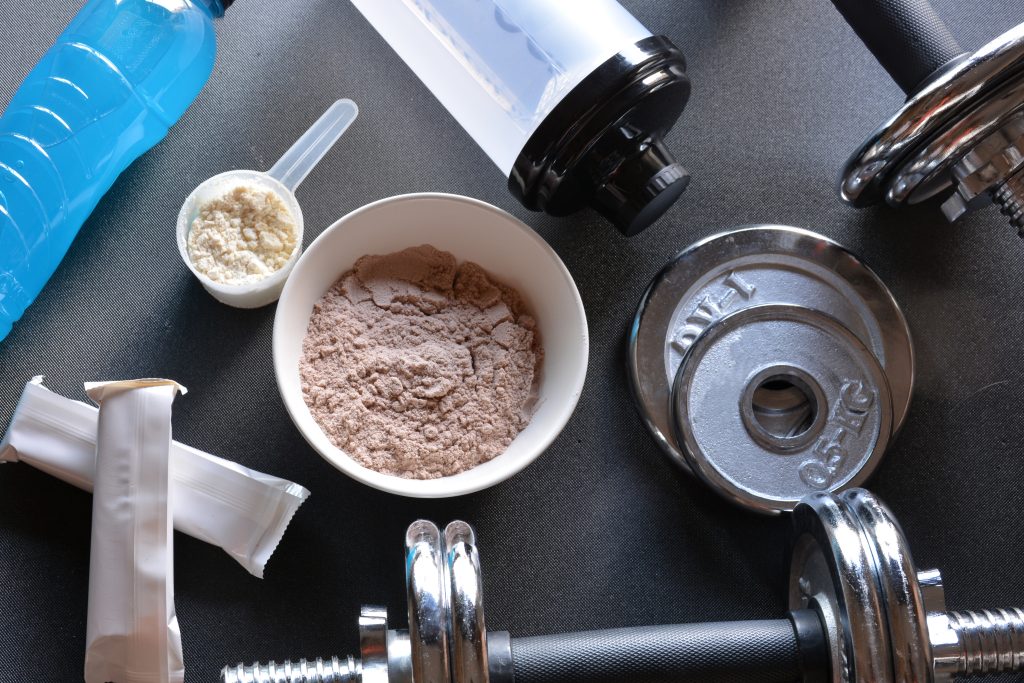As the sports nutrition market continues to expand beyond elite athletes to include everyday fitness enthusiasts, weekend warriors, and health-conscious consumers, product formulations have become more diverse than ever. Today’s sports nutrition products range from ready-to-drink shakes and functional bars to plant-based protein powders, energy gels, and specialized supplements aimed at performance, endurance, and recovery.
Formulating for this dynamic market isn’t just about including protein and electrolytes. It requires a deep understanding of ingredient interactions, product stability, sensory appeal, and increasingly, consumer-driven priorities such as clean labels and natural origin. Among the many critical elements in these formulations, antioxidants play a foundational role in both product quality and physiological performance.
Why Antioxidants Matter in Sports Nutrition
Exercise, especially intense or prolonged physical activity, naturally increases oxygen consumption. While this is essential for energy production, it also leads to the generation of reactive oxygen species (ROS) — unstable molecules that can cause oxidative stress in the body. This oxidative stress can impair muscle recovery, contribute to inflammation, and compromise long-term athletic performance.
Here’s where antioxidants come in. By neutralizing ROS, antioxidants help:
- Reduce inflammation caused by intense workouts
- Support immune function under training stress
- Protect muscle cells from damage, aiding in recovery
- Improve long-term performance and endurance
But the benefits of antioxidants extend far beyond the athlete’s body — they’re also vital for preserving the integrity of the sports nutrition products themselves.
Formulation Stability: Protecting Lipids and Nutrients
Many sports nutrition products include lipids—not only as dense energy sources but also as essential carriers for fat-soluble nutrients like omega-3 fatty acids and vitamins A, D, E, and K. However, lipids are particularly vulnerable to oxidation, especially under conditions of heat, light exposure, and the presence of oxygen. When lipids oxidize, they can degrade nutritionally, develop off-flavors and odors, and compromise the overall shelf life and safety of the product.
This is where antioxidants—particularly tocopherols (vitamin E)—become vital. Tocopherols are lipid-soluble compounds that act as natural free radical scavengers. Their mechanism of action involves donating a hydrogen atom to unstable peroxyl radicals, effectively halting the chain reactions that lead to lipid peroxidation.
Why Tocopherols Are a Preferred Choice in Sports Nutrition:
- Thermal and pH Stability: Tocopherols remain stable under a wide range of processing conditions, including elevated temperatures and varying pH levels. This makes them especially suitable for sports nutrition products such as powders, bars, and RTD beverages, which often undergo thermal treatment during production.
- Clean Label Appeal: Extracted from natural sources like vegetable oils, tocopherols align with the growing demand for clean label ingredients—free from synthetic additives and clearly recognizable to health-conscious consumers.
- Synergistic Potential: Tocopherols often work in synergy with other antioxidants such as ascorbyl palmitate or rosemary extract. This synergy can regenerate the active form of tocopherols, enhancing their effectiveness and prolonging the antioxidant protection within the product matrix.
- Protection of Nutritional and Sensory Integrity: Tocopherols help preserve not just the nutritional value of essential fatty acids and vitamins, but also the taste, color, and aroma of the final product. This ensures a consistently pleasant consumer experience, even months after manufacturing.
- Versatility in Formulations: Tocopherols are adaptable across different product types and delivery systems—whether in emulsions, oils, powders, or capsules—providing consistent protection without altering texture or solubility.
In sum, tocopherols are a cornerstone ingredient in maintaining the stability and efficacy of sports nutrition products. Their role goes beyond mere preservation; they are critical to delivering high-quality, safe, and effective nutritional support to athletes and active individuals.
A Natural Solution: Nutrabiol® by BTSA
When it comes to antioxidant solutions designed specifically for the demands of sports nutrition, Nutrabiol® by BTSA stands out. This naturally derived blend of mixed tocopherols offers robust antioxidant protection that helps maintain the stability, flavor, and nutritional quality of lipid-containing products like protein bars, shakes, emulsions, and RTD beverages.
Engineered for compatibility with a wide range of formats and processing conditions, Nutrabiol® helps formulators meet clean label standards while preserving the functional benefits of their products. Its natural origin, efficacy under stress, and ease of application make it a reliable ally in any high-performance formulation strategy.
For a deeper dive into how antioxidants like tocopherols function in preserving product quality across various industries, you might also enjoy our article on 9 reasons to choose Tocopherols, where we explore how these compounds extend shelf life and maintain sensory characteristics in food products—principles that apply directly to sports nutrition as well.

